In today’s digital age, Software-as-a-Service (SaaS) solutions dominate the market. However, many of these services come with recurring costs, privacy concerns, and limited customization. What if you could replace these SaaS tools with open-source alternatives that you can self-host using Docker? Not only would you save money, but you’d also gain full control over your data and infrastructure.
In this article, we’ll explore some of the best open-source SaaS alternatives that you can self-host using Docker. Each tool comes with a brief description, function summary, use case, GitHub repository, and Docker commands to get you started.
1. Webstudio
- Category: Website Builder
- Alternative to: Webflow, Wix
- Summary Description: Webstudio is an open-source website builder that empowers users to create responsive, modern websites without coding. It’s a great alternative to proprietary tools like Webflow or Wix.
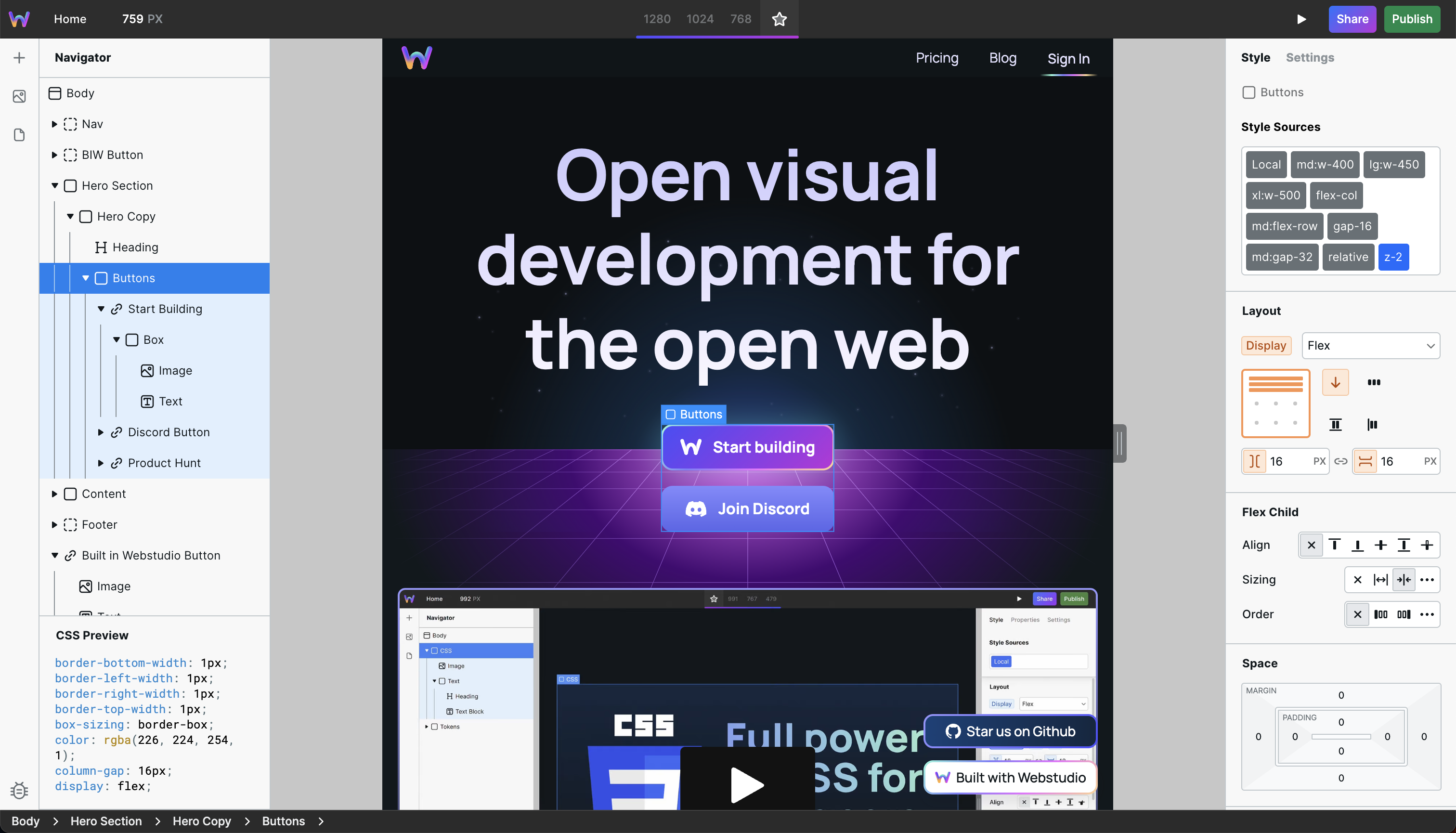
- Summary Features:
- Drag-and-drop interface
- Responsive design
- Customizable components
- Self-hosted or cloud deployment
- GitHub Link: Webstudio on GitHub (⭐ 2.5k)
- Homepage Link: Webstudio
2. Pocketbase
- Category: Backend/Database
- Alternative to: Firebase, Supabase
- Summary Description: Pocketbase is a lightweight, open-source backend solution that provides a real-time database, authentication, and file storage. It’s an excellent alternative to Firebase or Supabase for developers who want more control over their backend infrastructure.
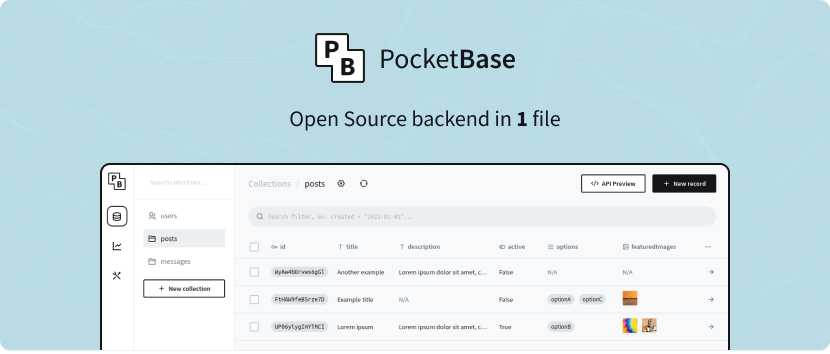
- Summary Features:
- Real-time database
- Built-in authentication
- File storage
- Easy to set up and self-host
- GitHub Link: Pocketbase on GitHub (⭐ 25k)
- Homepage Link: Pocketbase
3. Rowy
- Category: Database Management
- Alternative to: Airtable, Retool
- Summary Description: Rowy is an open-source platform that turns your Firebase or Google Sheets into a powerful database management tool. It’s a great alternative to Airtable or Retool for managing and visualizing data.
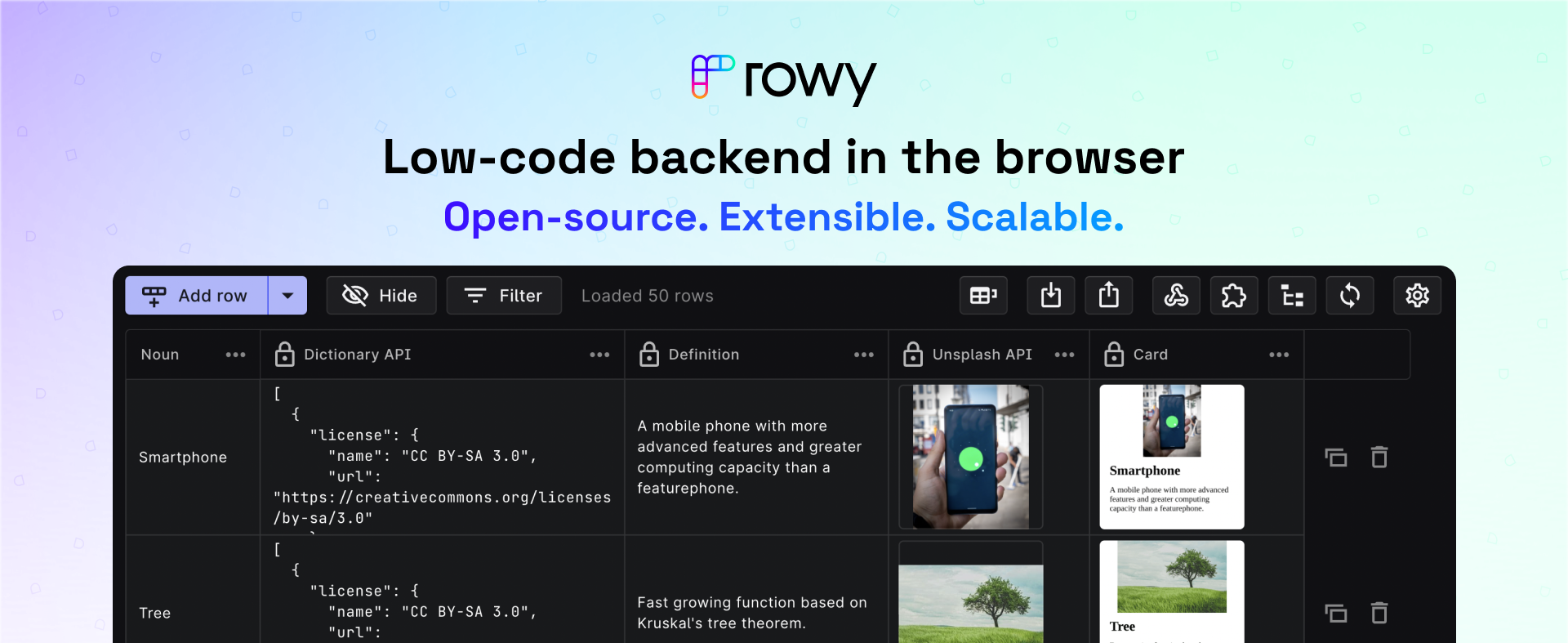
- Summary Features:
- Spreadsheet-like interface
- Integrates with Firebase
- Customizable workflows
- Real-time collaboration
- GitHub Link: Rowy on GitHub (⭐ 4.2k)
- Homepage Link: Rowy
4. Notesnook
- Category: Note-Taking App
- Alternative to: Evernote, Notion
- Summary Description: Notesnook is a privacy-focused, open-source note-taking app that helps you organize your thoughts securely. It’s a great alternative to Evernote or Notion for users who prioritize data privacy.
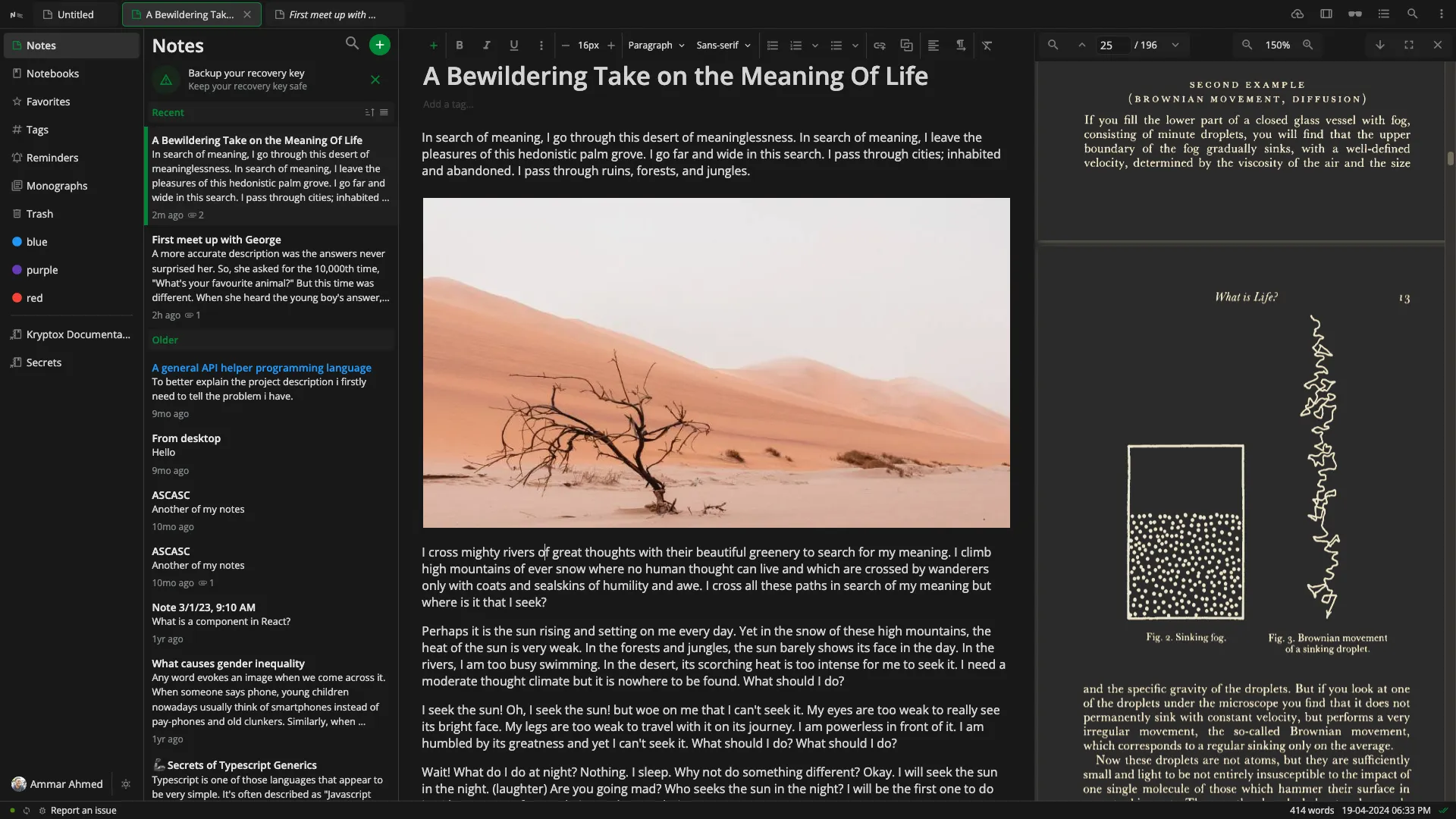
- Summary Features:
- End-to-end encryption
- Cross-platform sync
- Rich text editing
- Tagging and organization
- GitHub Link: Notesnook on GitHub (⭐ 3.8k)
- Homepage Link: Notesnook
5. Outline
- Category: Knowledge Management
- Alternative to: Confluence, Notion
- Summary Description: Outline is an open-source knowledge base and wiki tool designed for teams to collaborate and document their work. It’s a great alternative to Confluence or Notion for creating and sharing knowledge.

- Summary Features:
- Markdown support
- Team collaboration
- Version history
- Self-hosted or cloud deployment
- GitHub Link: Outline on GitHub (⭐ 21k)
- Homepage Link: Outline
6. Sonic
- Category: Search Engine
- Alternative to: Algolia, Elasticsearch
- Summary Description: Sonic is a lightweight, open-source search engine that provides fast and efficient full-text search capabilities. It’s a great alternative to Algolia or Elasticsearch for developers who need a simple, high-performance search solution.

- Summary Features:
- Fast full-text search
- Low resource usage
- Easy integration
- Real-time indexing
- GitHub Link: Sonic on GitHub (⭐ 19k)
- Homepage Link: Sonic
7. Kuma (Uptime Kuma)
- Category: Monitoring
- Alternative to: UptimeRobot, Pingdom
- Summary Description: Kuma, also known as Uptime Kuma, is an open-source monitoring tool that helps you track the uptime and performance of your websites and services. It’s a great alternative to UptimeRobot or Pingdom for those who want a self-hosted solution.
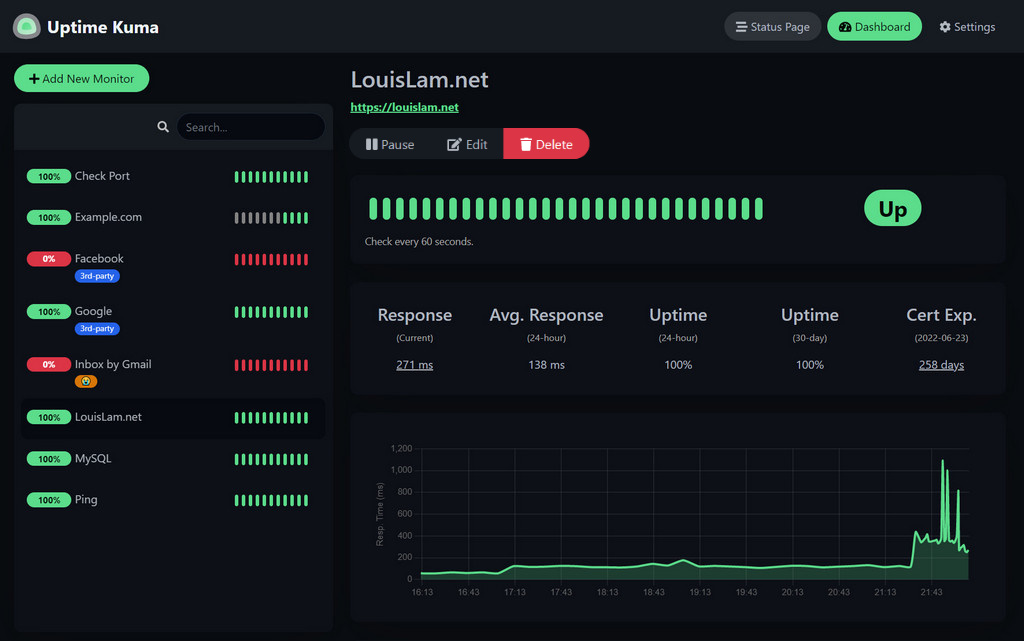
- Summary Features:
- Real-time uptime monitoring
- Customizable alerts
- Beautiful dashboard
- Self-hosted and lightweight
- GitHub Link: Kuma on GitHub (⭐ 40k)
- Homepage Link: Uptime Kuma
Why Choose Open-Source Alternatives?
Open-source tools offer several advantages over their proprietary counterparts:
- Cost Savings: Most open-source tools are free to use, saving you subscription fees.
- Customization: You can modify the code to suit your specific needs.
- Data Privacy: Self-hosted solutions ensure your data stays in your control.
- Community Support: Open-source projects often have active communities that contribute to their development and provide support.
Conclusion
The open-source ecosystem is thriving, and there’s no shortage of high-quality alternatives to popular SaaS tools. Whether you’re a developer, a business owner, or an individual user, these open-source solutions can help you achieve your goals without breaking the bank or compromising on privacy.
From website builders like Webstudio to monitoring tools like Kuma, the options are vast and versatile. So why not give these open-source alternatives a try? You might just find your new favorite tool!